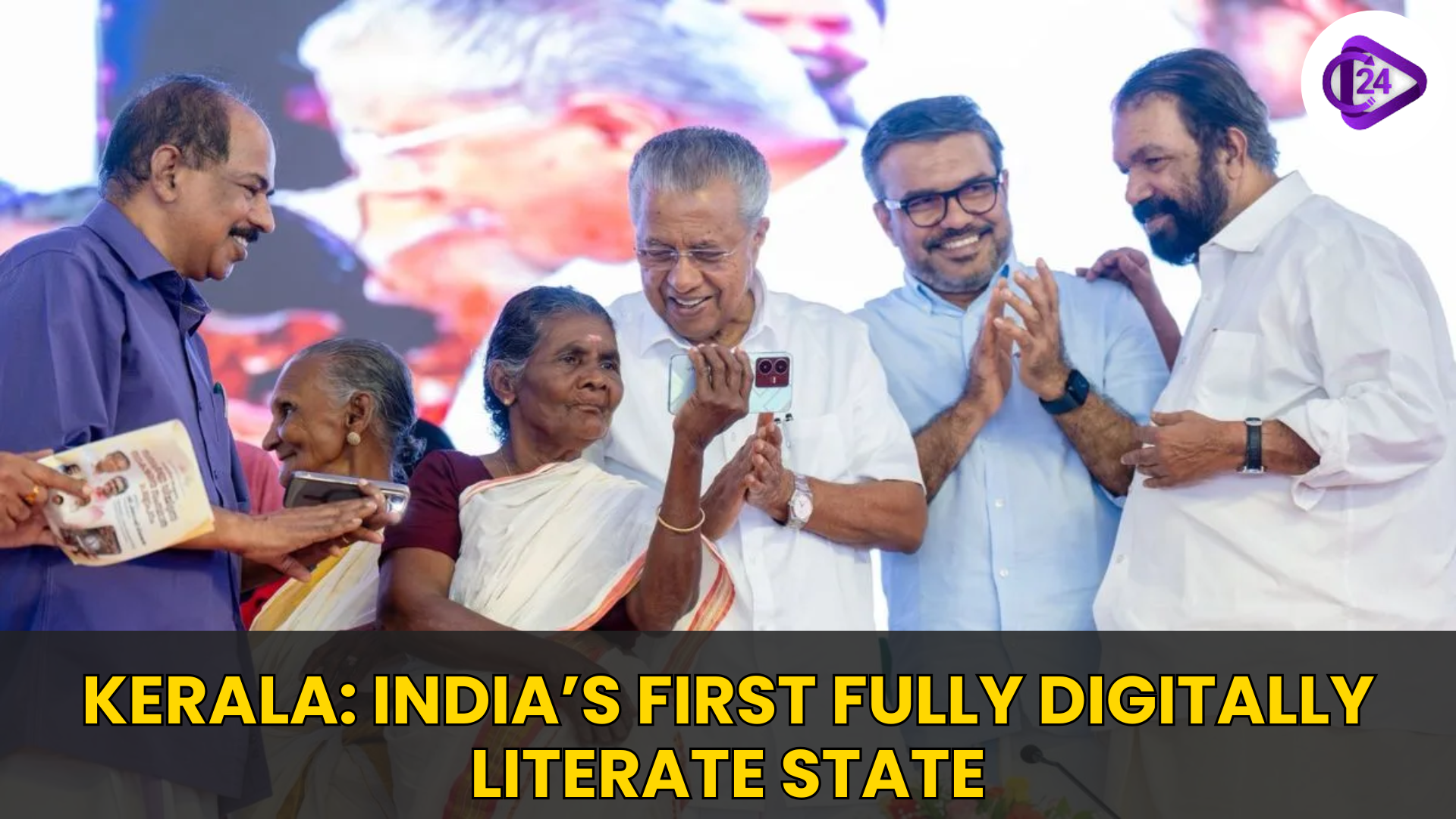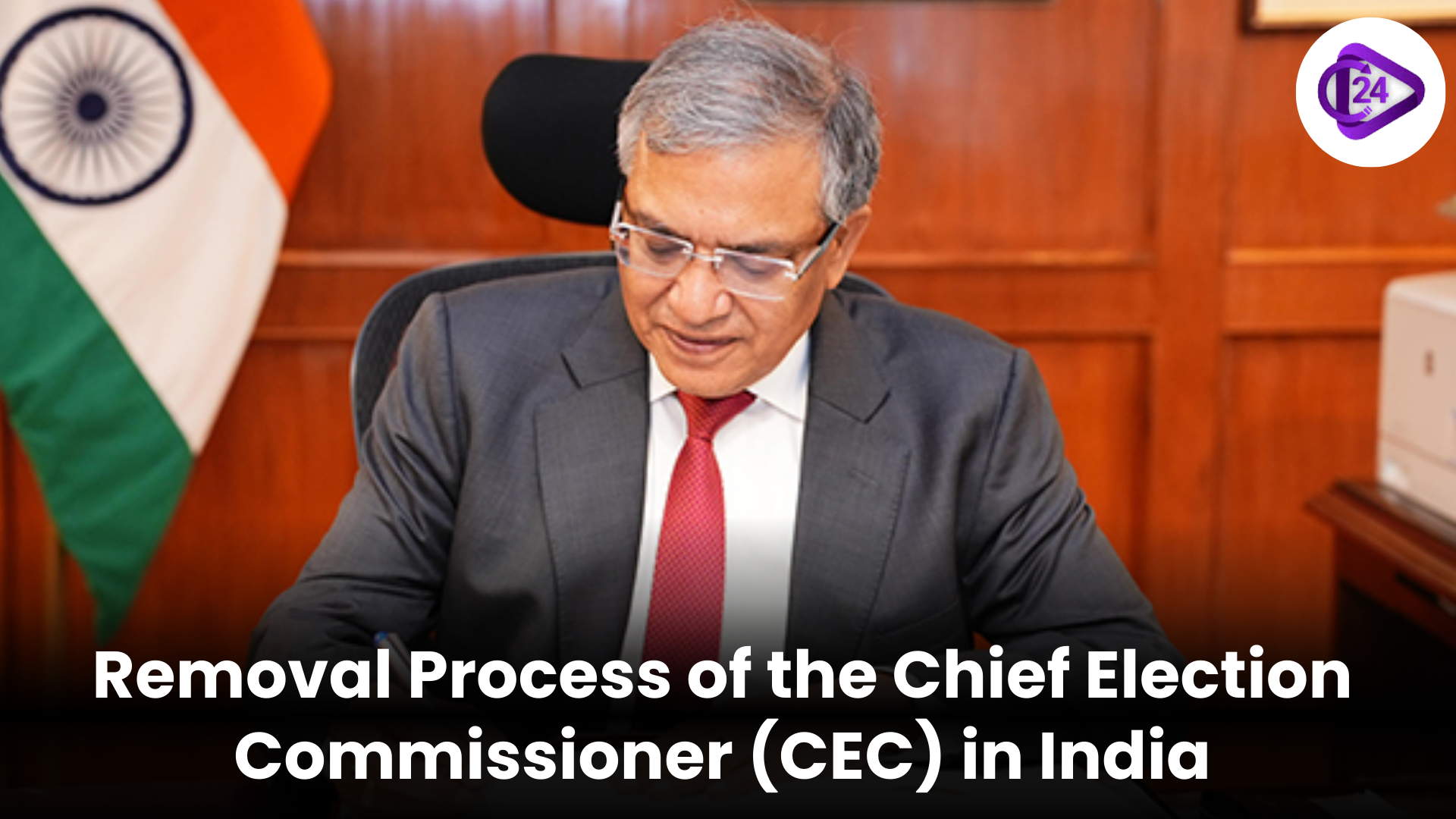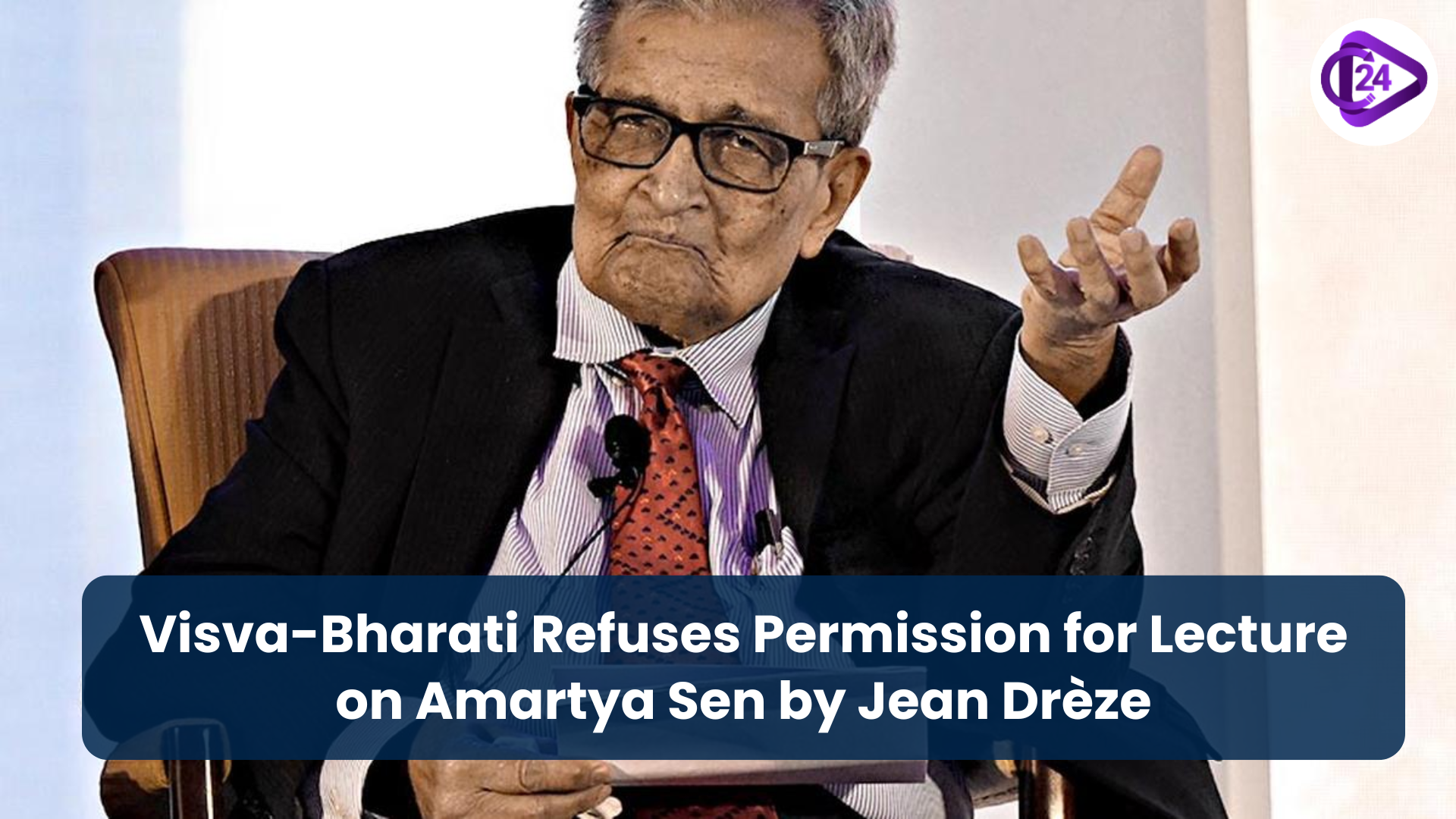
Package of online money games relates to suicides, family distress and exploitation of money. There is no legal framework on the addictive platforms, which has led to their proliferation. Moves to ban money games, and at the same time embraces e-sports as a legitimate, skill-based and recreation game. The Bill further gives room to the establishment of an authority to facilitate e-sports into a safe, recreational and creative industry. Although it is politically unanimous, analysts warn that it might run into a constitutional difficulty in terms of trade restriction and the issue of legislative competence.
Context
-
The Promotion and Regulation of Online Gaming Bill, 2025 that aims to ban online real money gaming portals including fantasy sports and card games has now been passed by the Lok Sabha by voice vote.
-
The Bill intends to ban the provision, facilitation and engage in money-based online games due to increasing social, fiscal and psychological damages.
-
IT Minister Ashwini Vaishnaw had raised questions on the issue of addiction, fraud and financial ruin due to such platforms.
Highlights of the Bill
-
The scope of prohibition to be imposed upon the perpetrator of the act of criminalising.
-
Bans on the provision, operation, facilitation, advertisement, promotion, and playing money games on the internet.
-
Targets mediums where deposits have to be placed with a monetary payout in the offing.
Institutional Framework
-
The establishment of an authority with the mission of supporting and controlling e-sports as distinct from gambling-type behavior.
-
Promotes the ordered work of e-sport as a creative sector.
Legislative Approach
-
The Bill has not been opened to the process of public consultation on the basis that it is of prohibitory nature.
-
Supported by cross party consensus at Parliament level.
Limitations and Criticism
-
Constitutional Issues: Can be subjected to judicial examination on the basis of curtailing trade and on the issue of legislative completion (as the subject of “betting and gambling” lies within the State).
-
Industry response: Real money gaming businesses counter that it dampens innovation, employment and inflows: F.D.I.
-
Implementation': Supervision of on-line sites and circumvention prevention using foreign servers.
Implications
-
Beneficial: Stops vulnerable groups and individuals becoming addicted, bankrupt and defrauded; supports community health and social cohesiveness.
-
Disadvantages: will discourage bona fide investment in the gaming industry; corrodes the threat of litigation challenges over the federal vs. state power control debate.
-
Balanced Approach: Although money games have been prohibited, the encouragement of e-sports epitomizes an attempt of separating recreational gaming and gambling.
Conclusion
Online Gaming Bill is a decisive step to control the menace of real money gaming and is a display of political consensus on the welfare of the masses. Nevertheless, its constitutionality and effect on the digital economy of India will be tested in the following years. The essential ingredient of the method is a well-calculated regulatory system that harmonizes prohibition, innovation and responsible gambling.



 What has NOTTO said about organ donations to women?
What has NOTTO said about organ donations to women? Srinagar’s Dal Lake Hosts First-Ever Khelo India Water Sports Festival
Srinagar’s Dal Lake Hosts First-Ever Khelo India Water Sports Festival Kerala: India’s First Fully Digitally Literate State
Kerala: India’s First Fully Digitally Literate State India Successfully Test-Fires Agni-5 Intermediate-Range Ballistic Missile
India Successfully Test-Fires Agni-5 Intermediate-Range Ballistic Missile Sadbhavana Diwas 2025: Celebrating Peace, Unity & Communal Harmony
Sadbhavana Diwas 2025: Celebrating Peace, Unity & Communal Harmony Removal Process of the Chief Election Commissioner (CEC) in India
Removal Process of the Chief Election Commissioner (CEC) in India Visva-Bharati Refuses Permission for Lecture on Amartya Sen by Jean Drèze
Visva-Bharati Refuses Permission for Lecture on Amartya Sen by Jean Drèze POCSO Act is Gender Neutral: Karnataka HC
POCSO Act is Gender Neutral: Karnataka HC NAVYA (Nurturing Aspirations through Vocational training for Young Adolescent Girls)
NAVYA (Nurturing Aspirations through Vocational training for Young Adolescent Girls)






